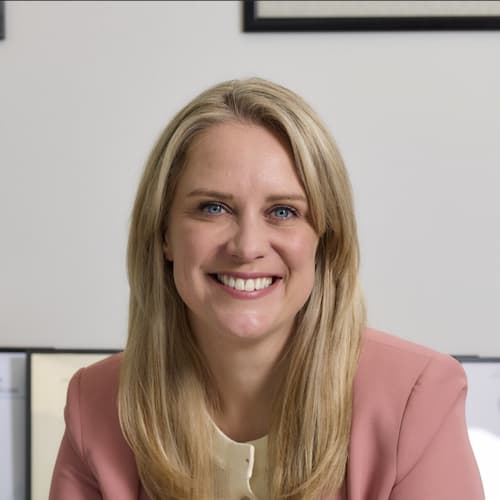

When a business faces financial distress but remains fundamentally viable, a Company Voluntary Arrangement (CVA) can provide a structured path to recovery. Unlike liquidation or administration, a CVA allows a business to continue trading while repaying its creditors under a legally binding agreement. This option can offer a lifeline to struggling companies, helping them regain stability and protect jobs.
A CVA is a formal agreement between an insolvent company and its creditors, allowing for the restructuring of debt repayments over a fixed period. Overseen by a licensed insolvency practitioner, a CVA provides a clear plan for creditors while enabling the business to remain operational. This process is often a preferable alternative to liquidation, as it allows companies to recover rather than shut down.
Key Benefits of a CVA
A CVA is best suited for businesses that:
However, a CVA may not be appropriate for companies with no realistic prospect of recovery. In such cases, other insolvency solutions, such as administration or liquidation, may be more suitable.
While a CVA can provide significant benefits, there are key considerations:
A Company Voluntary Arrangement offers struggling businesses a structured way to manage debts while continuing to trade. By securing creditor approval, companies can benefit from financial breathing space and work towards long-term stability. Seeking professional advice is essential to determine whether a CVA is the right solution for a specific business situation.
Q: How long does a CVA last?
A: A CVA typically lasts between two to five years, depending on the agreement with creditors.
Q: Will all creditors agree to a CVA?
A: At least 75% (by debt value) of creditors must approve the proposal for it to become legally binding.
Q: What happens if a company fails to meet CVA payments?
A: If payments are missed, the CVA may fail, leading to further creditor action or potential liquidation.

I am Molly Monks, a licensed insolvency practitioner at Parker Walsh. I have over 20 years of experience helping directors with the financial struggles they may face. I understand that it can be overwhelming and stressful, so I offer practical straightforward advice, which is also free and confidential. I spend time with directors to get a good understanding of their business and their goals, therefore providing the best tailored advice possible.
Email: molly@parkerwalsh.co.uk
Phone: 0161 546 8143
WhatsApp: 07822 012199
